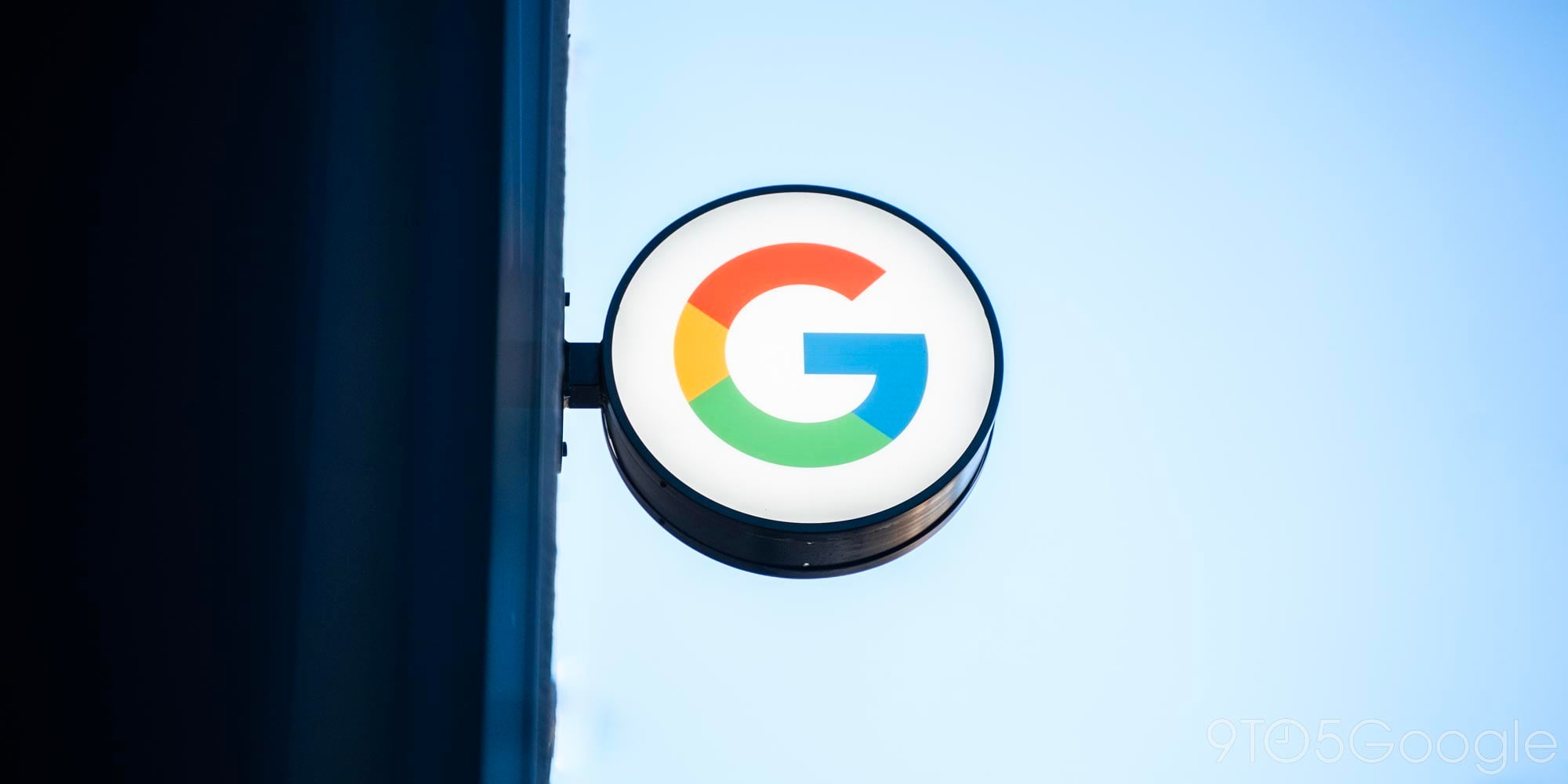
Google has updated the Play Store Developer Distribution Agreement (DDA) with a few notable changes that developers will likely want to pay attention to (via Android Police). First on the list, developers are now required to respond to customer service requests for paid apps and in-app purchases within 3 days.
For paid Products or in-app transactions, you must respond to customer support inquiries within three (3) business days, and within 24 hours to any support or Product concerns stated to be urgent by Google. Failure to provide adequate information or support for your Products may result in low Product ratings, less prominent product exposure, low sales, billing disputes, or removal from the Store.
Secondly, a huge change to how European VAT is handled is definitely going to make developers’ lives much easier. While developers have long been expected to handle the VAT tax for EU sales, Google is going to take over this task as of January 1st, 2015. Determining, charging, and remitting this tax is going to all be up to the fine folks in Mountain View.
Where Google, the Payment Processor or the Authorized Carrier is required by applicable (local) legislation to determine, apply and pay the applicable tax rate, Google, the Payment Processor or the Authorized Carrier (and not Developer) will be responsible for applying and collecting and remitting the taxes to the appropriate taxing authority. If Google collects and remits value added taxes on customer payments (where required of Google by applicable local law) and this remittance fulfils the applicable requirements for value added taxes on those customer payments, such taxes will not be passed on to Developer by Google. Where Google is required to collect and remit taxes as described in this section, Developer and Google will recognise a supply from Developer to Google for tax purposes, and developer will comply with the relevant tax obligations arising from this additional supply.



